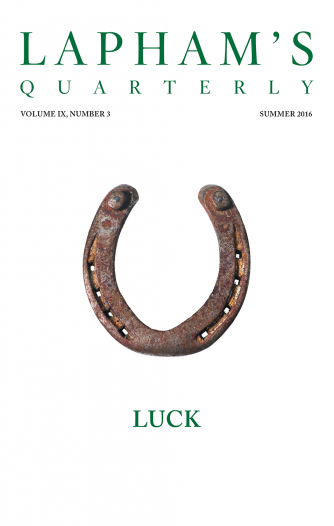It is wonderful to observe one creature, that is, mankind, indigenous to so many different climates.
Generally speaking, the animals of warm countries cannot subsist in cold. African animals can hardly endure the coldness of the open air of England, which is too warm for reindeer. Yet a human creature can subsist in air from under the line, to perhaps 75 degrees of latitude. What makes the difference between mankind and other animals is that mankind is assisted by many contrivances of art to bear extremities. Brutes, left to their own choice, as far as they can procure their ends by local motion, choose the countries and climates most adapted to their constitutions, and so perhaps would a human creature if he were left to his own choice. But he is in society, and under government, and subject to passion to which he sacrificeth the greatest blessings of health, and life itself. There are likewise other causes of migrations of great herds of mankind, which is their swarming so as to overstock the countries which they inhabit.
From An Essay Concerning the Effects of Air on Human Bodies. A Scottish physician, mathematician, and satirical writer, Arbuthnot became a fellow of the Royal Society in 1704. The following year he was employed by Queen Anne, serving as her “favorite physician” until her death. Along with Jonathan Swift, John Gay, and Alexander Pope, Arbuthnot formed the Scriblerus Club, a literary circle that ridiculed the pretensions of scholarly jargon and “the abuses of human learning in every branch.”
Back to Issue



